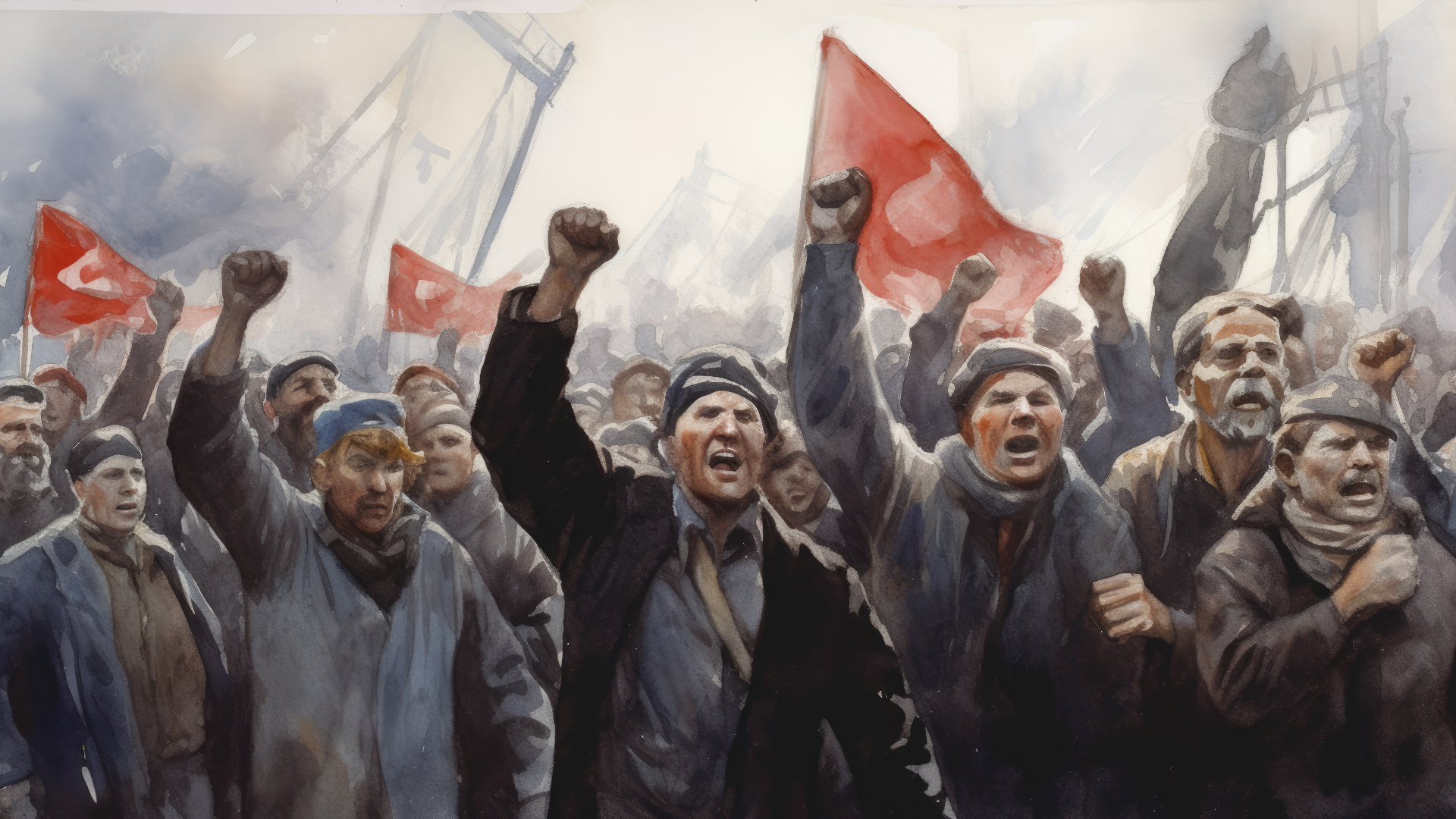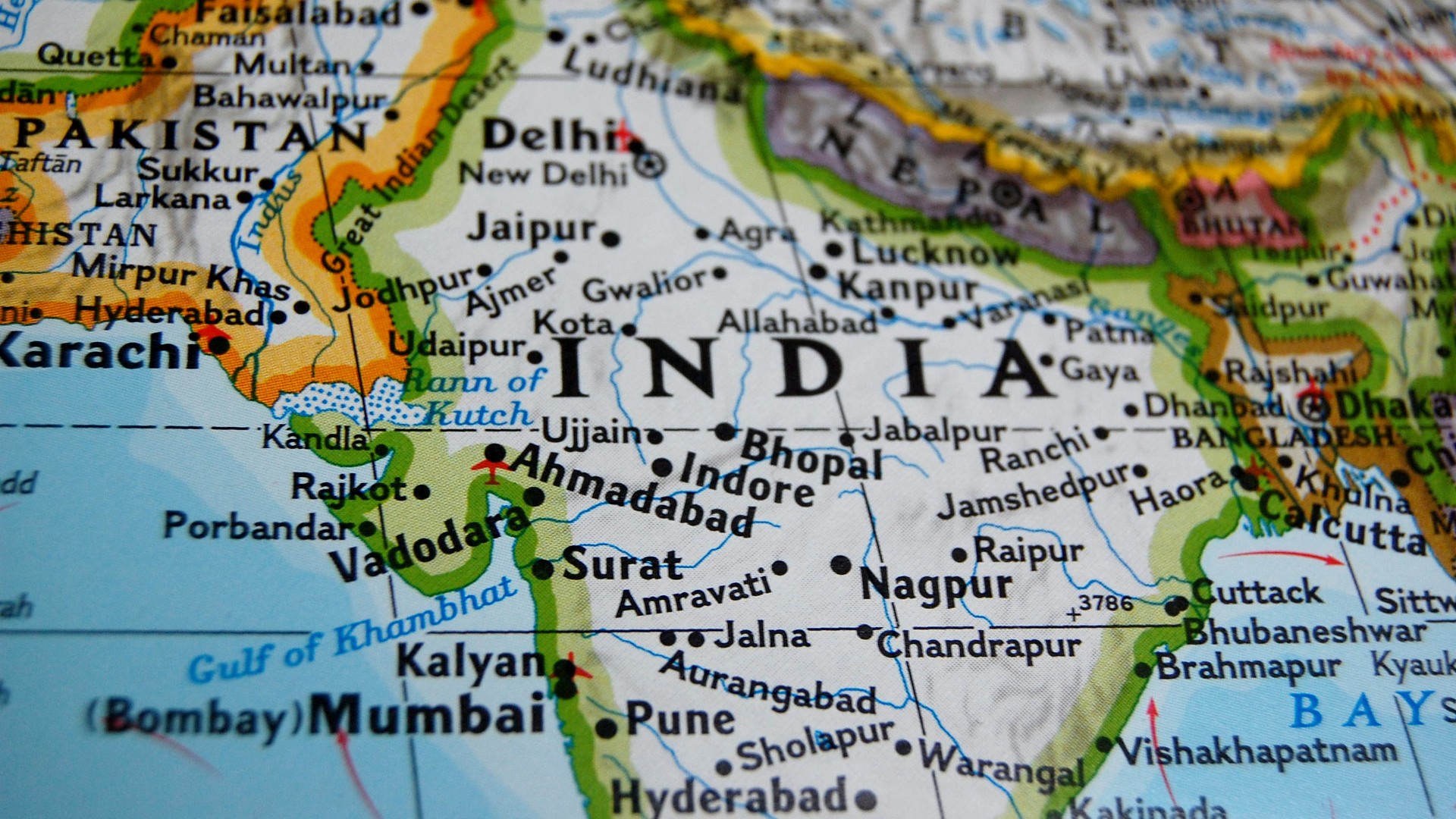
Swapnarka Arnan
Guest Author
Swapnarka Arnan writes articles on political, economic, environmental and geopolitical issues and his articles have been published and republished by numerous outlets such as the Foundation for Economic Education, Learn Liberty, Business 360 Nepal, Liberali Forum, We are Innovation and more. His articles have also been translated into Spanish and Bosnian. He is guest author at Learn Liberty. He is also a musician who plays the traditional assamese instrument Khol and has won many International awards. Swapnarka is currently pursuing humanities at International School Guwahati.
Blog Posts

The Iranian dictatorship does not deserve to chair the Human Rights Council
December 11, 2023
|Civil Liberties
Last month, the United Nations Human Rights Council (UNHRC) held its annual Social Forum. Established in 2006 by the General Assembly, the UNHRC plays a crucial role in fortifying the promotion and safeguarding of human rights globally. As such, it is perplexing that the position of chair at its recent forum was held by Iran, a country governed by an oppressive theocratic dictatorship since 1979. Indeed, the Iranian regime has gained notoriety for its human rights abuses, particularly targeting its own citizens, including women, minorities, and political opponents. This paradoxical

Should libertarians support labor unions? Here are 8 resounding reasons to say yes
August 16, 2023
|Civil Liberties
The political philosophy of libertarianism is founded on the principles of individual freedom, limited government intervention, and respect for property rights. At first glance, these principles might seem at odds with workers' right to unionize, which often involves collective bargaining and government regulations. However, a closer examination reveals that supporting workers' right to unionize is entirely compatible with libertarian values. Let’s examine 8 reasons why… 1 — First and foremost, libertarians value individual liberty and voluntary associations. The ability of employees

It’s time to get rid of the tampon tax
June 13, 2023
|Economics
While taxes are regarded as a necessary evil to ensure the proper functioning of government and safeguard civil liberties, certain forms of taxation are simply unjustifiable. One especially problematic example is the taxation of menstrual hygiene products, such as tampons. This is arguably one of the most unfair taxes in existence as it not only exacerbates gender inequality by treating menstrual health as a luxury or choice rather than a basic necessity, but it also disproportionately affects low-income individuals, and thus should be urgently rectified. While some countries like Kenya,

Should India repeal the Armed Forces Special Powers Act in the North East?
March 15, 2023
|Civil Liberties
Diversity and freedom for all to live in peace are the noble qualities that persuaded almost all of the princely states of the former Raj to enter into the Union of India in the late 1940s. Even sovereign states like the former Kingdom of Sikkim joined the Union voluntarily, influenced by those values. But they’re not always upheld as they should be, as some of the former colonizer’s excessive powers have been reappropriated and maintained. One example is the Armed Forces Special Powers Act, 1958 (AFSPA), the descendant of the Armed Forces Special Powers Ordinance, 1942, which was

Why China’s aggressive expansionism in Arunachal Pradesh is completely unjustified
February 6, 2023
|Politics & Policy
Recently, Chinese and Indian troops have clashed along the Line of Actual Control at the Sino-Indian border in Arunachal Pradesh, but this is not the first time the two countries have clashed. In fact, India and China have faced off many times before, including through major armed conflicts in 1962 and 1967 and many more border clashes in 2013, 2017 and 2020. Underpinning these clashes are the territorial disputes between India and the People’s Republic of China (PRC). India and China both lay claim to two regions, Aksai Chin and Arunachal Pradesh, the latter currently being a part of India

The libertarian position on abortion
July 5, 2022
|Ethics
What is the libertarian position on abortion? The answer is not so simple. Abortion is a divisive issue in pro-liberty circles: some are staunchly pro-choice while others are staunchly pro-life. Yet, the various libertarian positions on abortion follow a similar moral logic. So why are some people pro-choice? The answer is actually very simple: they believe that the fetus in the womb is not yet an independent human life and thus the mother has the right to abort the fetus because it is an issue of her bodily autonomy. And why are some people pro-life? Again the answer is simple; they believe

The regressive aspects of progressive economic policies
April 14, 2022
|Economics
Progress is a word that many politicians and political commentators use to promote economic policies that they claim will be good for the people. They say it’s a progressive system that will allow the common people, especially the middle class and the poor, to live a better life. They say their progressive economic policies will help reduce poverty and improve the lives of the people who need help the most. On the surface, these promises sound universally good and acceptable. But what are the actual outcomes? We must judge these progressive economic policies by examining the real

Botswana: a triumph of capitalism in Africa
November 12, 2021
|Economics
After decolonization, most African states came under the control of communists, socialists, and various other dictatorial governments, from Tanzania to Guinea to Zimbabwe. Whether in Africa or elsewhere, socialism has repeatedly failed to create economic prosperity. Instead, it has led to a combination of poverty, corruption, hyperinflation, and rampant authoritarianism. Socialist policies have held back potential in Africa At a time, the country of Guinea was expected to become one of the richest nations in Francophone Africa. The country holds one quarter of the world’s

U.S. sanctions are not responsible for the Cuban economic crisis
September 7, 2021
|Economics
As anti-government protests erupted in Cuba due to a worsening economic situation in the country, people on all sides pointed fingers at those they deemed to be responsible for the economic crisis. Cuban President Miguel Diaz-Canel, who succeeded Raúl Castro in April 2021, believes U.S. sanctions are to blame. He referred to these sanctions as a “policy of economic suffocation” that violates the human rights of the Cuban people. He demanded the United States lift the embargo immediately. Many hold a similar view and believe lifting the U.S. embargo on Cuba would help the Cuban economy. However,
Liberty, delivered to your inbox!
Want to know more about Student For Liberty’s impact, new initiatives, and other efforts made to advance liberty around the world?
Sign up for our email newsletter to stay connected.
Subscribe Now

